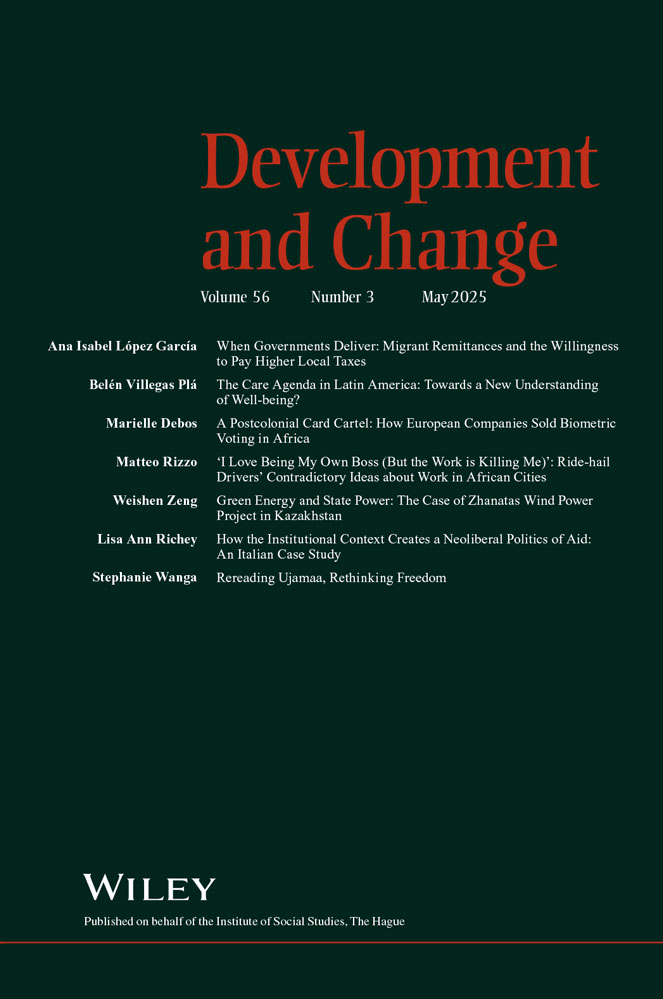Minimum Wage Policy, Rural Development and Poverty Alleviation in Malawi
ABSTRACT
This article examines the pattern of minimum wage changes in Malawi and some of their effects, and considers more generally the appropriateness of a minimum wage policy in developing country situations similar to that of Malawi. After a progressive decline in the real value of the minimum wage during the 1970s there is evidence that the government is attempting, through periodic and rather erratic corrective action, to maintain something like a constant real wage. Data from a Ministry of Labour survey demonstrate that such changes in the minimum wage do have a direct effect on wages paid, but that this is concentrated in specific sectors: outside these, minimum wage policy is ineffectual, and the effective coverage achieved in terms of the national work-force is very narrow. Since the most significant influence on the wages of hired workers is the elastic supply of unskilled labour available at very low wages from the smallholder sector, efforts need to be concentrated on raising the supply price of labour through positive policies pursued in the rural sector. Some special features of the rural labour market are therefore examined. Various measures could be taken here: one which seems likely to be effective in producing immediate results is the progressive transfer of burley tobacco quotas to smallholders.




